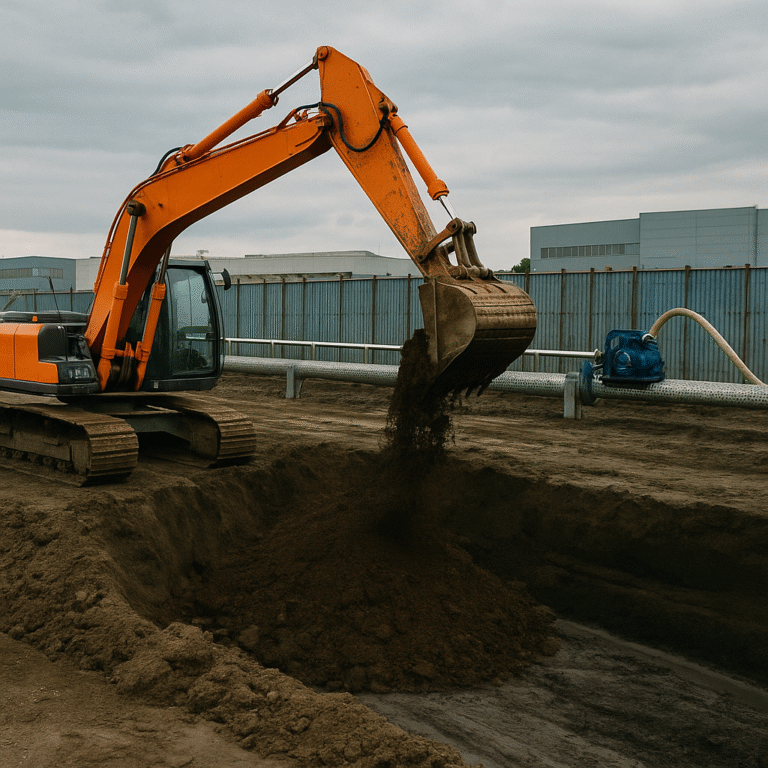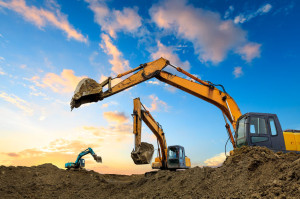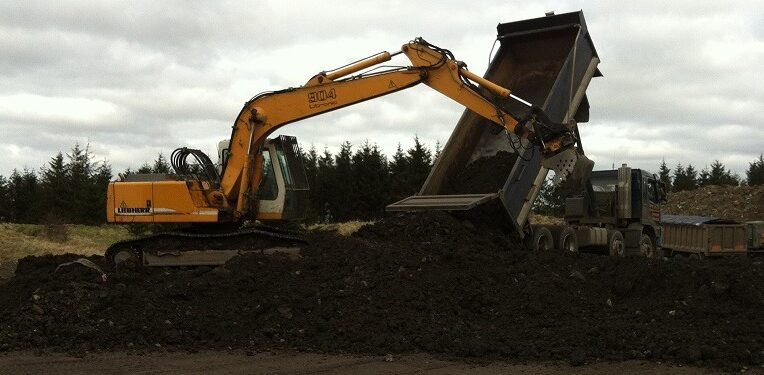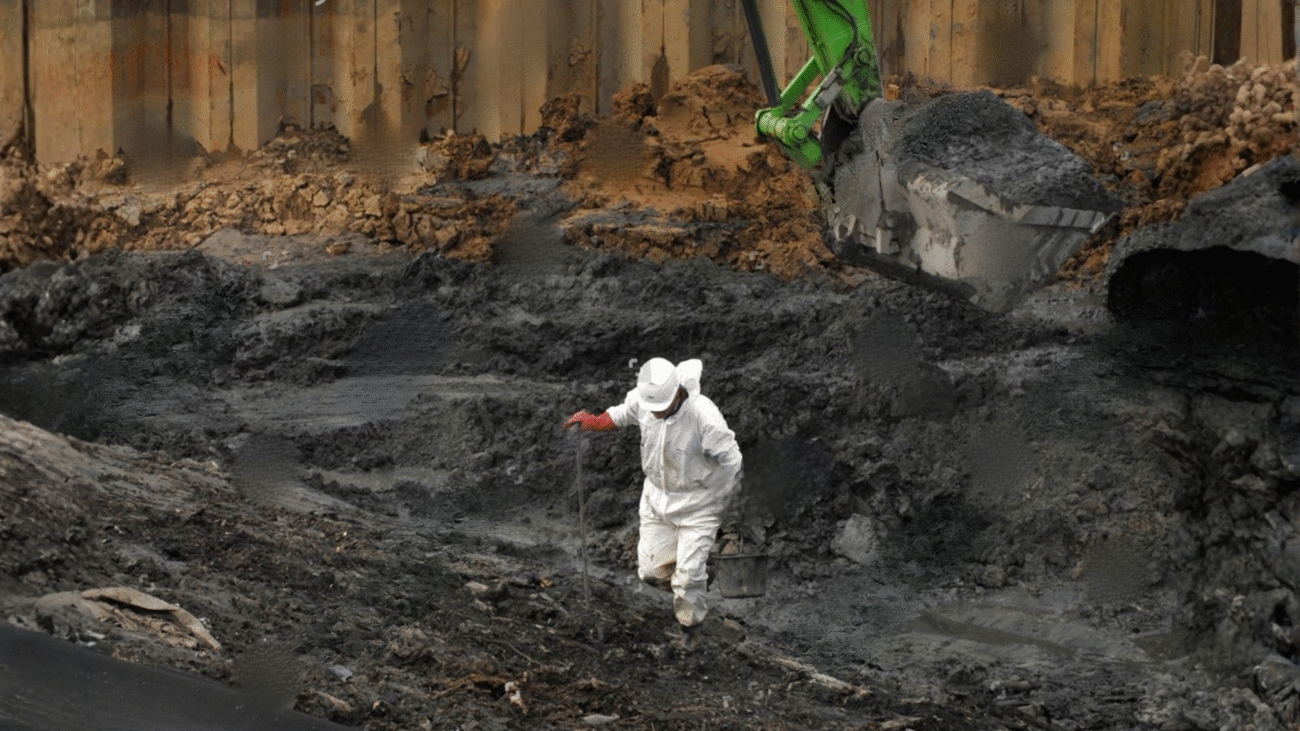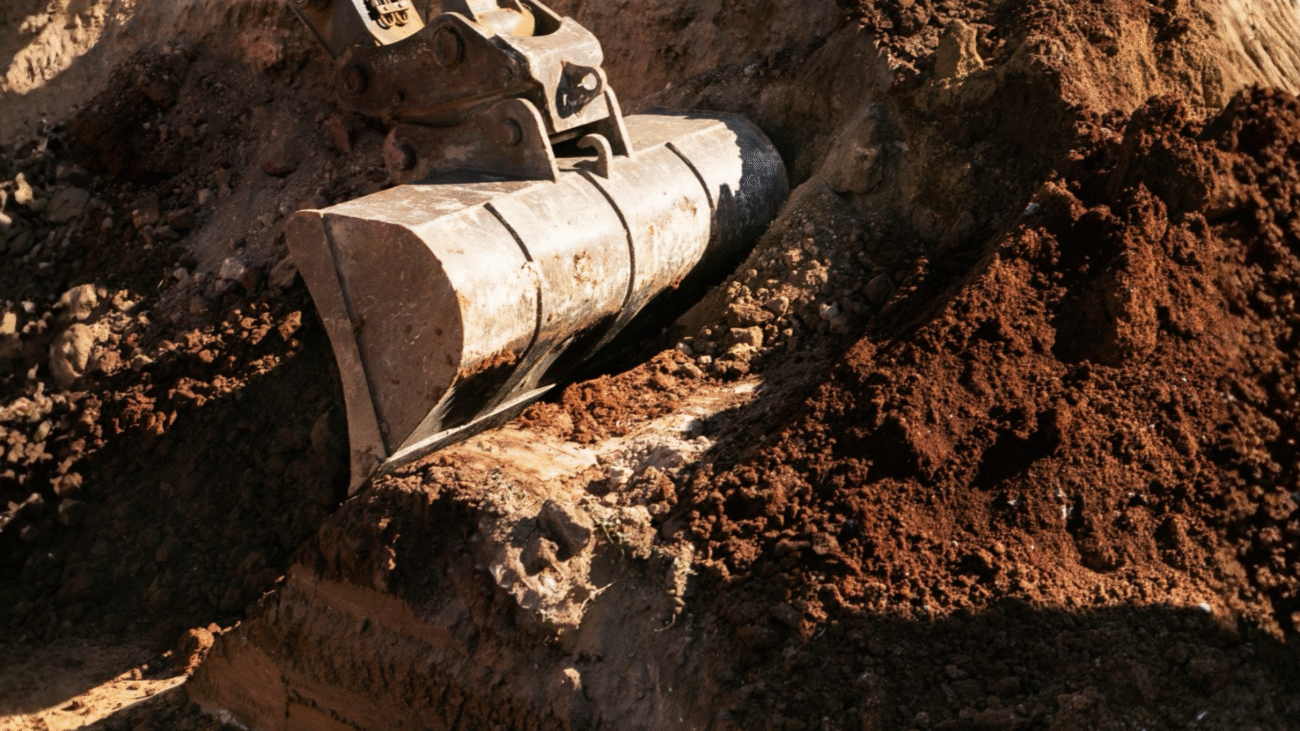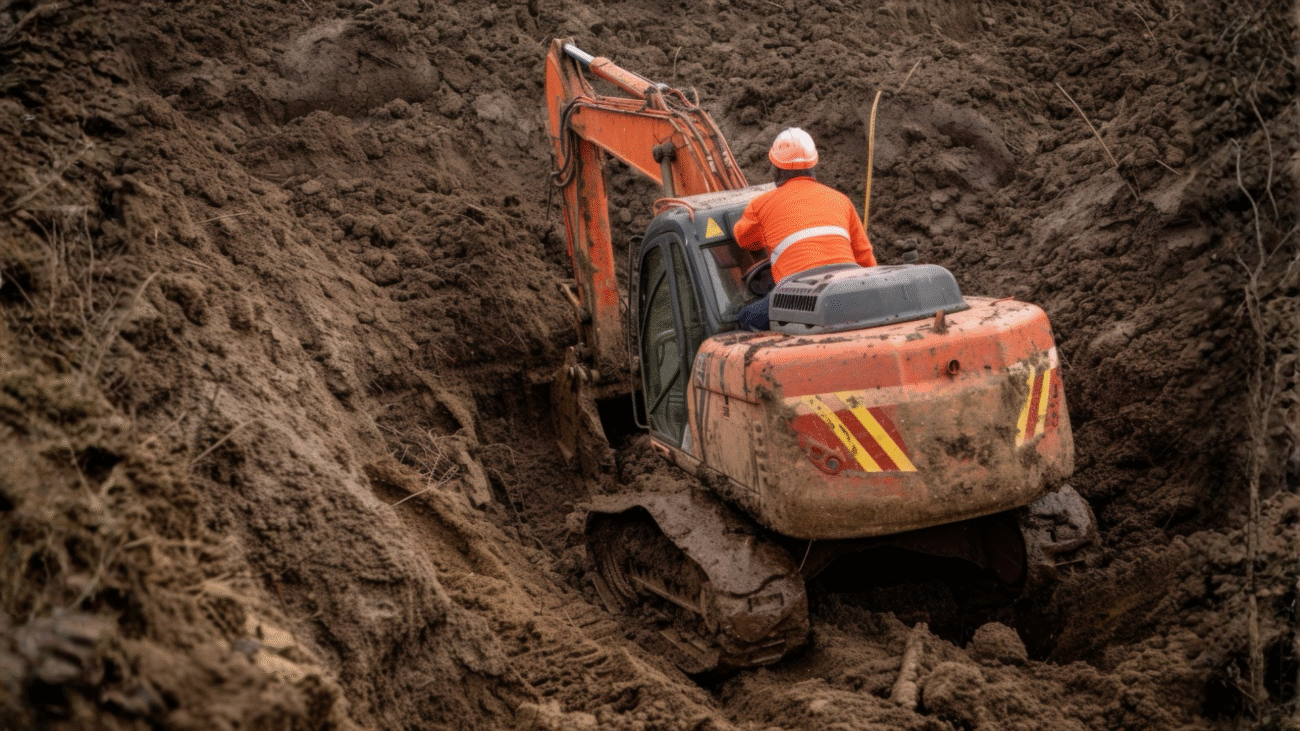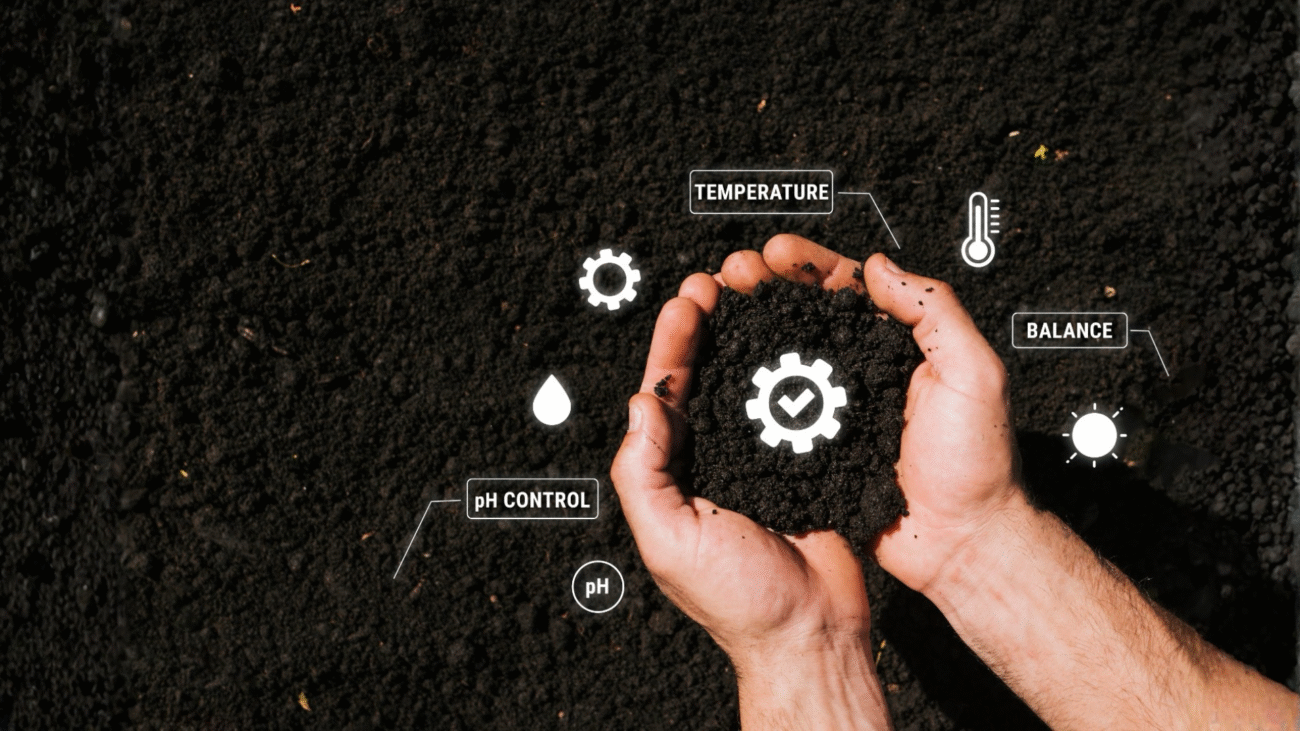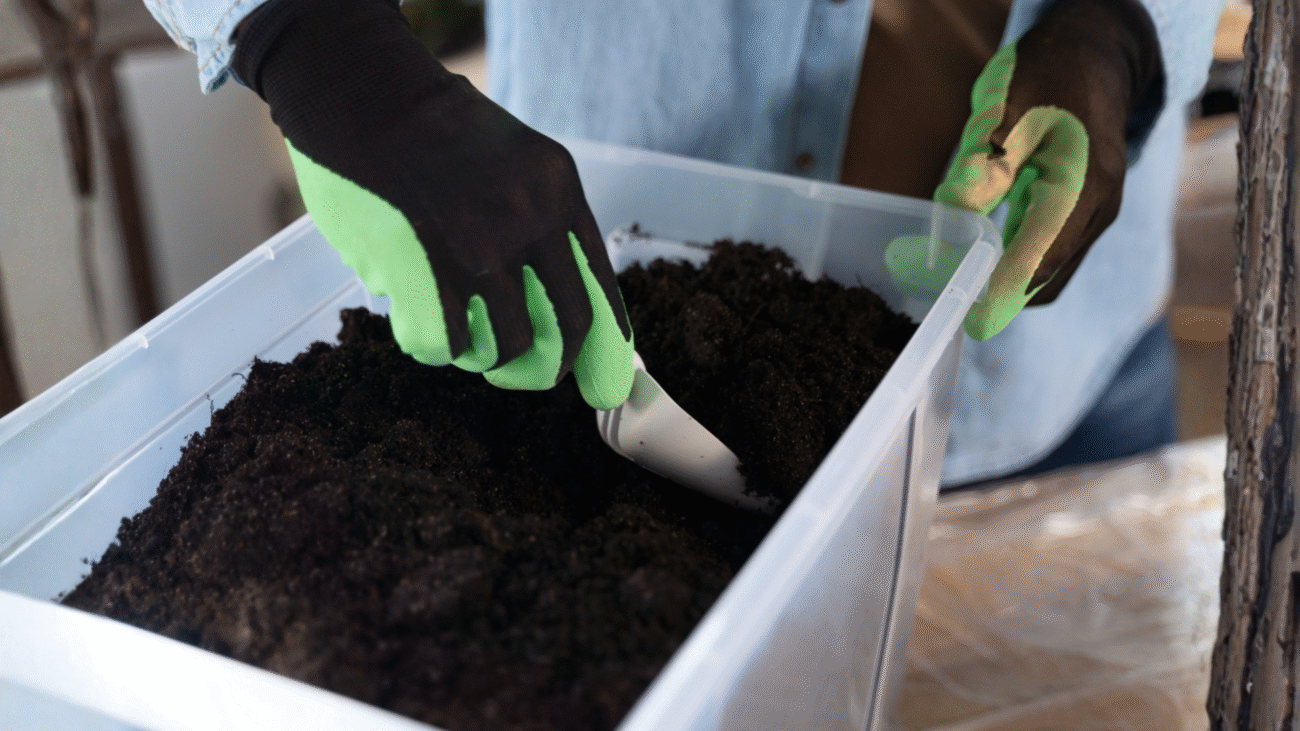Protecting Land and Water in an Arid Landscape
Introduction
Soil remediation services in Rajasthan are crucial for addressing the growing challenges of soil and groundwater contamination in the state. Rajasthan, known for its deserts, heritage cities, and fast-growing industrial corridors, is facing serious environmental concerns as mining, textiles, agriculture, and urban expansion continue to degrade land quality and threaten scarce water resources
At The Ground Water Company, we provide expert soil remediation services in Rajasthan to address these issues effectively. Our team utilizes contaminated soil remediation, gas station soil remediation, and multiphase extraction remediation techniques to restore polluted land, protect aquifers, and help industries and developers meet environmental standards while promoting sustainable growth.
What Is Soil Remediation?
Soil remediation is the process of removing, neutralizing, or stabilizing pollutants to make land safe for reuse and prevent contaminants from seeping into groundwater.
In Rajasthan, the most common soil contaminants include:
- Heavy Metals – from mining, metallurgy, and textile dyeing industries.
- Chemical Residues – from fertilizer- and pesticide-heavy farming practices.
- Hydrocarbons & Solvents – discharged by automobile, chemical, and manufacturing units.
- Salinity & Nitrates – caused by over-irrigation, poor waste management, and arid conditions.
Soil Contamination Challenges in Rajasthan
Rajasthan’s geography and industrial profile make its soil especially vulnerable:
- Industrial Pollution – Textile hubs like Bhilwara and Pali, and chemical industries in Kota, often discharge harmful effluents.
- Mining & Quarrying – Marble, zinc, and limestone mining leave behind toxic residues and heavy metals.
- Agricultural Runoff – Fertilizer and pesticide use in irrigated regions such as Sriganganagar and Hanumangarh leads to nitrate buildup.
- Urban Expansion – Growing cities like Jaipur, Jodhpur, and Udaipur face contamination from untreated waste, landfills, and construction debris.
- Salinity & Desertification – Harsh climate conditions and unsustainable irrigation increase salinity, further reducing soil fertility and groundwater recharge.
Our Soil Remediation Services in Rajasthan
At GWC, we apply site-specific remediation techniques suited to Rajasthan’s desert climate and groundwater profile. Our services include:
- Soil Testing & Risk Assessment – Identifying pollutant types, spread, and hydrogeological impact.
- Bioremediation – Using natural microbes to break down organic pollutants.
- Soil Washing & Stabilization – Separating contaminants and immobilizing toxic metals.
- Thermal Remediation – Removing volatile pollutants using controlled heat.
- Containment & Capping – Isolating hazardous sites to prevent contaminant spread, especially in landfill and mining zones.
Every project is engineered with a clear focus on Rajasthan’s environmental sensitivity and regulatory framework.
Why Soil Remediation Matters in Rajasthan
-
Protects Scarce Groundwater – Uses Multi phase extraction remediation to prevent pollutants from entering aquifers already under stress.
-
Restores Agricultural Land – Employs Sewage contaminated soil treatment to reduce chemical buildup and revive soil productivity.
-
Supports Safe Development – Applies Thermal treatment soil remediation to convert contaminated sites into usable areas for housing, industry, and infrastructure.
-
Ensures Compliance – Meets the Rajasthan State Pollution Control Board (RSPCB) and national environmental standards.
-
Drives Sustainability – Preserves both soil health and water security for future generations.
Additional Groundwater Services in Rajasthan
Alongside soil remediation, GWC offers a wide range of services to protect and manage water resources:
- Ground Water Recharge
- Ground Water Seepage
- Rock Mapping
- Ground Water Consulting
- Ground Water Quality Monitoring
- Groundwater Remediation
- Integrated Water Resource Management
- Water Risk Assessment Audit
- Flooding Solutions
- Dewatering Solutions
- Ground water contamination
- ground water exploration
Conclusion
Rajasthan’s harsh climate and rapid industrialization make it essential to safeguard both soil and groundwater before contamination becomes irreversible. At The Ground Water Company, our soil remediation services in Rajasthan are built on science, technology, and a commitment to sustainability helping industries, developers, and communities secure a healthier future.



